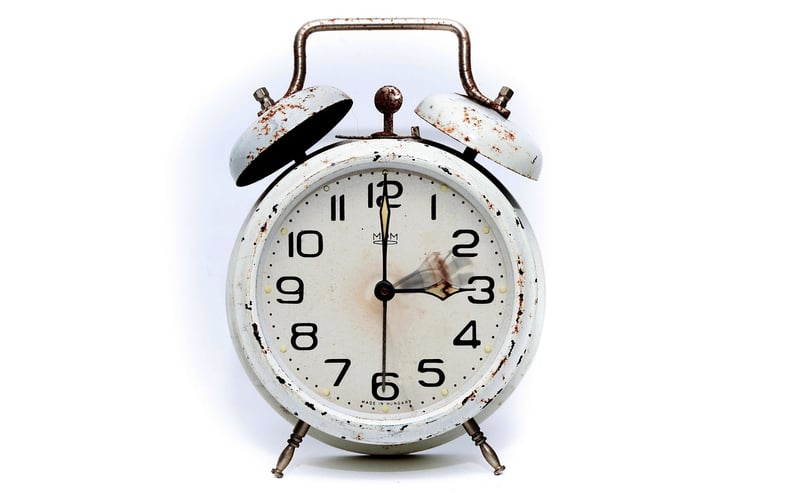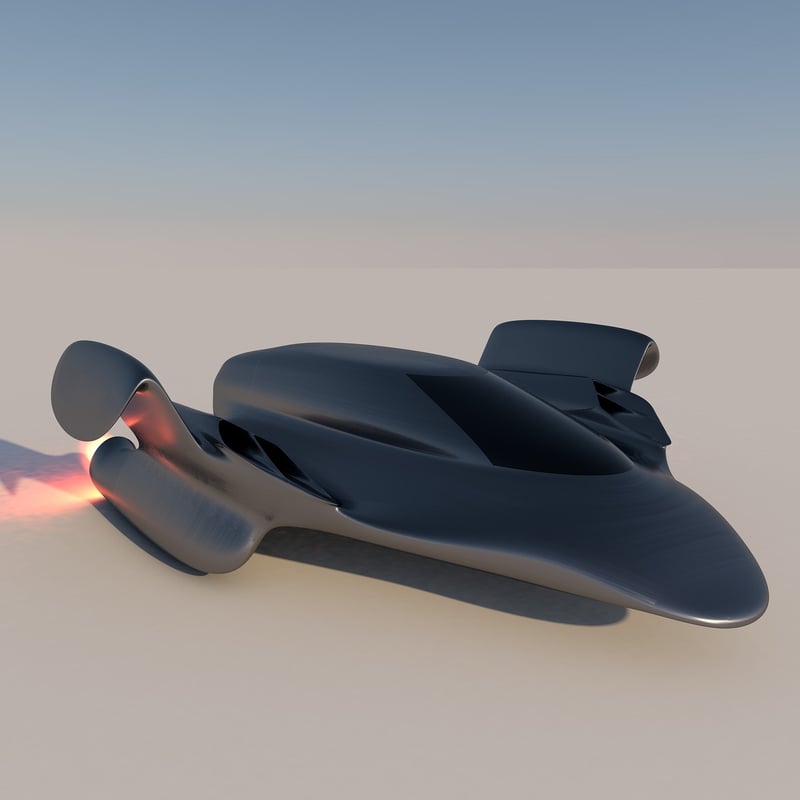Causality Loops
Navigating Time Conundrums and Causality Loops
Time travel has been a popular theme in science fiction for decades, captivating audiences with its mind-bending possibilities and complex paradoxes. From causal loops to alternate timelines, the concept of time manipulation raises intriguing questions about the nature of reality and the impact of our choices.
The Grandfather Paradox
One of the most famous time conundrums is the Grandfather Paradox, which posits what would happen if a time traveler were to go back in time and prevent their grandfather from meeting their grandmother, thus preventing their own birth. This paradox raises questions about causality and the implications of changing the past.

Causal Loops
Causal loops, also known as bootstrap paradoxes, occur when an event is its own cause. For example, a time traveler could receive information from their future self, leading them to travel back in time to give that information to their past self, creating a loop with no clear origin. These loops challenge our understanding of cause and effect.

Alternate Timelines
Another common trope in time travel fiction is the idea of alternate timelines, where changing the past creates a branching reality separate from the original timeline. This concept explores the idea of multiple universes coexisting simultaneously and the notion that every decision we make could lead to a different outcome in a parallel universe.

In conclusion, time conundrums and causality loops present fascinating thought experiments that challenge our understanding of time, causality, and the nature of reality. While time travel remains a theoretical concept, exploring these paradoxes in fiction allows us to ponder the mysteries of the universe and the intricacies of our own existence.